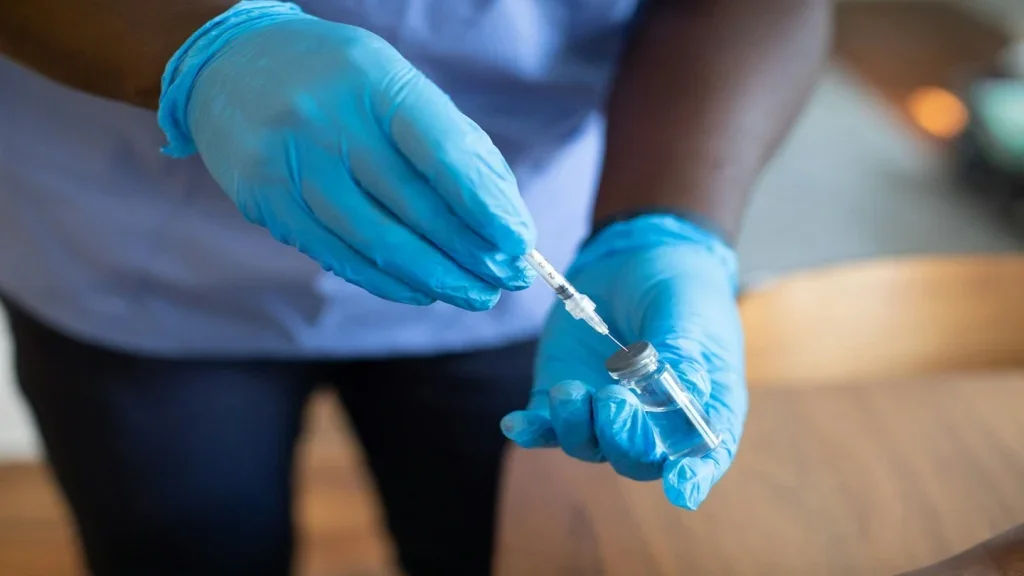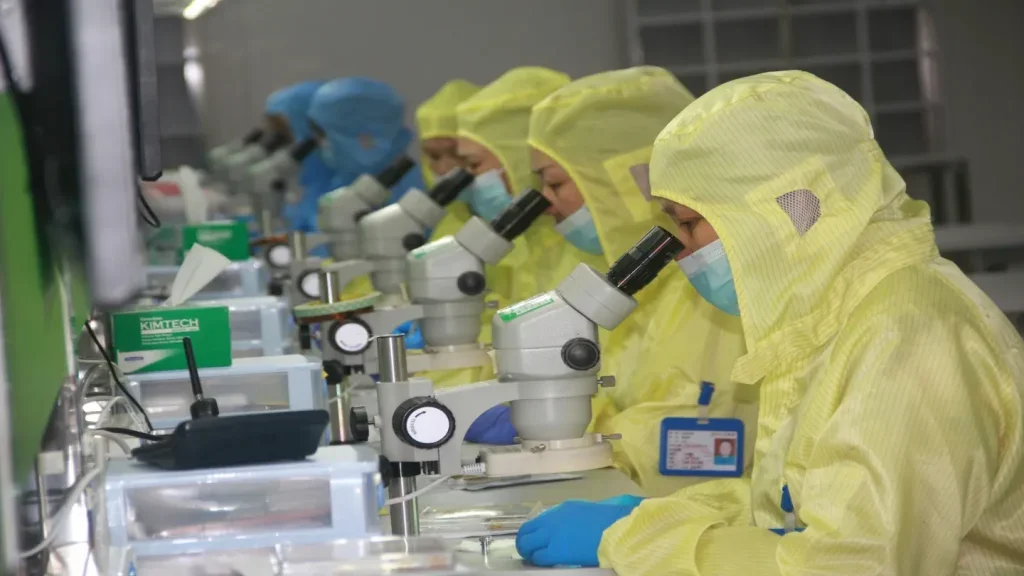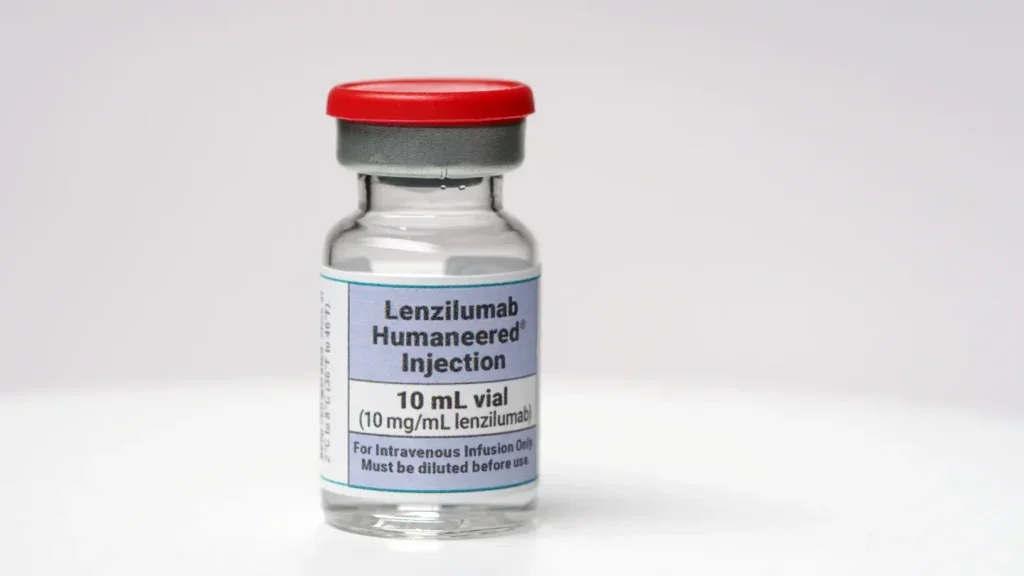All articles by Amit Thadani
ProtaGene Names Pharmaceutical Industry Leader Raymond Kaiser as Chief Executive Officer to Drive Next Stages of Growth
Heilbronn, Germany—ProtaGene GmbH, a leading global contract research organization focused on advanced analytics in biologics and cell and gene therapy, announced today the appointment of Raymond Kaiser, Ph.D., as Chief Executive Officer. Ray will drive the continued innovation and growth strategy for the company’s advanced analytical services.
Read the small print
The labels on drug packaging are one of the main drug/patient interfaces in a clinical trial, especially one that is conducted remotely. Despite this, confusion involving packaging and labelling on investigational drugs is frequently implicated in medication errors. David Callaghan speaks to pharmacy research coordinator at the Centre Hospitalier Universitaire (CHU) Sainte-Justine, Cynthia Tanguay and Matthew Grissinger, director of education at the Institute for Safe Medical Practices (ISMP) in the US, to find out how organisers can reduce the incidence of medication error in trials.
A harmony of interests
Data sets obtained through collaboration across multiple countries are an important way to strengthen research findings, and in some cases can be necessary to study rare diseases due to the limited number of cases. But there’s no overarching governance on conducting trials, and in many cases, organisers must navigate a complex web of regulation that spans both countries and regions within them before research can begin. Mae Losasso speaks to Mic McGoldrick, associate director, global chemistry, manufacturing and controls (CMC) policy at Merck, and Akira Yamaguchi, chief technology officer (CTO) at LORENZ Life Sciences Group, to better understand global clinical trials regulation and what’s being done to achieve greater harmonisation of the rules.
Flex and adapt: the new onsite model
As some companies move part of their workforce back into the office to afford workers the flexibility to work in a hybrid model, new skills and considerations must be developed to learn how to optimally function in the changing face of the workplace. Gretchen Griffin, vice president and head of North American operations at Trilogy Writing & Consulting, explains how a company can help create work-life models that work for everyone.
Backwards about moving forwards
Clinical trials have long been famous for their sophistication and lengthy timespans. But traditionally, organisers have paid less attention to what happens once the research is done and medications have to be disposed of. Yet, with so-called reverse logistics offering a range of financial and other efficiencies, this is changing fast. Andrea Valentino talks to Kimberly Finn at Marken and Edward Groleau at PCI Pharma Services to learn more.
The right temperature
Temperature control can be the difference between a supply of usable products and a shortfall that delays a trial and increases the overall cost for sponsors. This level of risk demands greater supply chain visibility, and integrating temperature excursion management systems into a strategy with other elements of interactive response technology (IRT) can be an effective way to mitigate it. Monica Karpinski speaks to Jan Pieter Kappelle, senior supply chain strategist and advisor to the Bio Supply Management Alliance, Tom Schiavon, senior analyst for UAT and validation and clinical IRT, and clinical supply chain consultant Henk Dieteren, to better understand what is at stake, and how the combined approach can help trial organisers avoid pitfalls.
Seeking value in serialization
The concept of serialisation was primarily a response to the counterfeit drug challenge of the early 2000s. Though technological advances and regulatory development never fully resolved this problem, the tools pharmaceutical companies employed have delivered value in other areas, and serialisation can do more than simply appease the regulators. Jim Banks speaks to Courtney Soulsby, global director, healthcare sector at British Standards Institution (BSI) to find out how pharma companies can leverage serialisation to extract business value.
Trial and error
Covid-19 transformed clinical trials practically overnight, with remote testing and quicker approvals suddenly becoming a reality the world over. These shifts aren’t hard to understand. Eager to defeat the pandemic as quickly as possible, researchers were happy to embrace change for financial and efficiency reasons. But with the pandemic finally passing into history, can we expect the revolutions of 2020 to transform clinical trials over the long term? Andrea Valentino talks to Professor Kenneth Getz, at the Tufts Center for the Study of Drug Development, to learn more.
Data is king
The advent of dedicated software has made it easier to keep track of the large volume of information involved in running a clinical trial. Yet the multiplicity of requirements and stakeholders means there are still challenges, not least of integration. Kim Thomas talks to Erin Pennington, director with the Huron Consulting Group, and Raymond Nomizu, CEO of start-up Clinical Research IO, to discover how research sites can maximise the benefits of their software investments.
Humanigen Enters into Agreement with PCI Pharma Services as Part of Preparations for Commercialization in the United Kingdom
SHORT HILLS, NJ. June 16, 2022–(BUSINESS WIRE)– Humanigen, Inc. (Nasdaq: HGEN) (“Humanigen”), a late-stage clinical biopharmaceutical company focused on preventing and treating an immune hyper-response called ‘cytokine storm,’ today announced it entered into an agreement with PCI Pharma Services (PCI), a leading integrated global contract development manufacturing organization (CDMO), to provide importation, release and commercialization services in the United Kingdom (UK) for lenzilumab. Under the agreement, PCI will purchase lenzilumab for resale and distribution in the event a Conditional Marketing Authorization is received in the UK for use in patients hospitalized with COVID-19.











